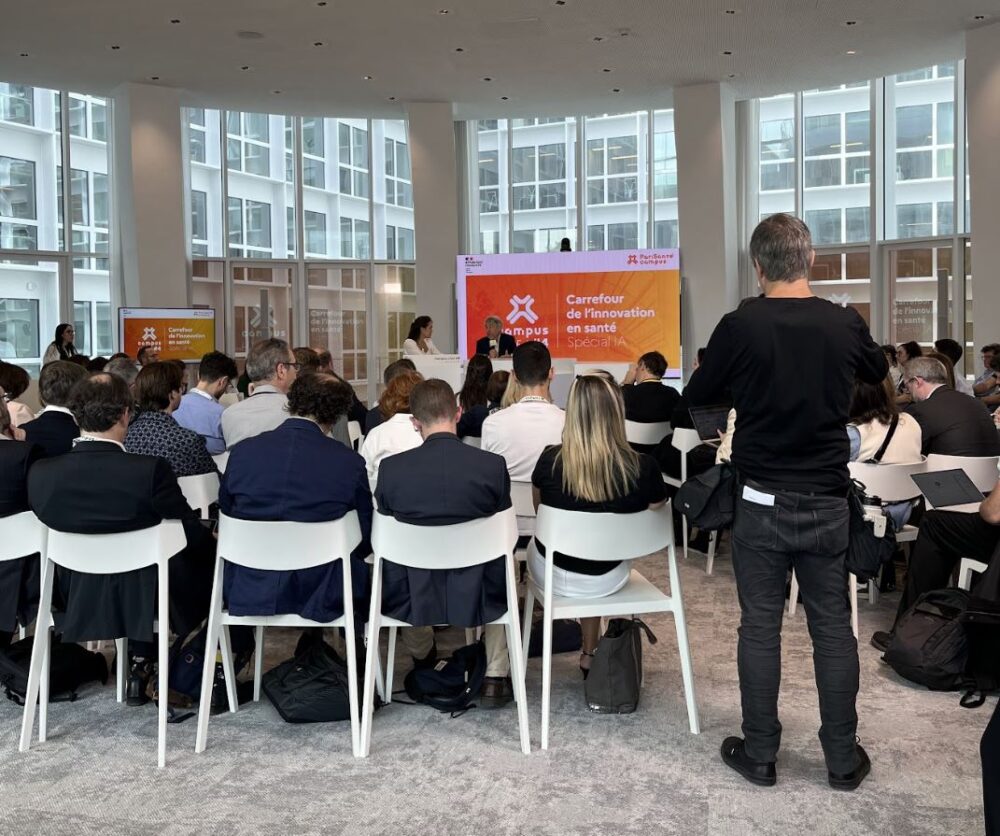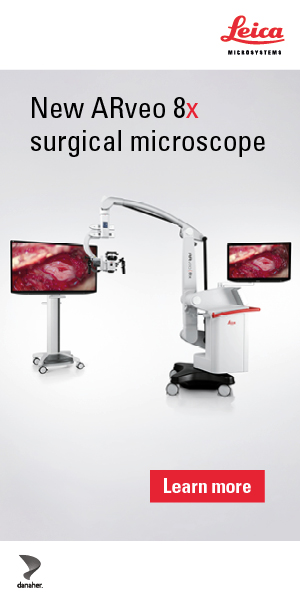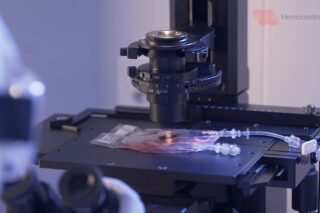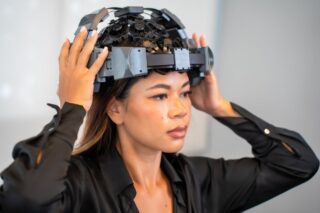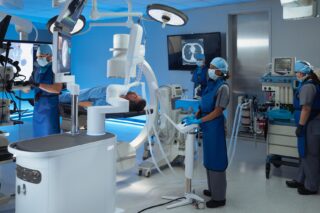The fourth edition of Campus Live! brought together healthcare leaders, startups, and policymakers to explore the future of artificial intelligence in medicine.
Positioned as a key side event of VivaTech 2025, Campus Live! is dedicated to the latest innovations in healthcare, kicking off a week where innovation takes center stage in Europe. Now on its fourth edition, the event, held last June 10, 2025, at the PariSanté Campus, focused on an overarching theme: Artificial Intelligence (AI) in Health and the Ethical Challenges of Deployment.
Opening with an inaugural speech by Yannick Neuder, the French Minister of Health, Campus Live! connected policymakers, researchers, digital health leaders, and founders who presented their startups at stands to curious visitors. In addition to this, the whole-day event included roundtable discussions on pressing issues the industry is facing–from the role of AI in promoting a more ethical and human-centered approach to medicine to the challenges of ensuring equal access to care in the age of digital health.
AI’s Promise in Healthcare: Keeping the Human at the Center
In a scientific session hosted by PariSanté Campus, Alexandre Mebazaa, Professor of Medicine in Anesthesiology and Intensive Care at AP-HP, spoke about the growing role of startups in the healthcare industry:
“It is essential for us to be patient, to have our eyes open. Medicine changes every day; there is progress in all fields,” he said.
It’s only natural that the rapid development of AI raises concern. During a panel discussion, Cynthia Fleury, Professor at the National Conservatory of Arts and Crafts and Chair of Humanities and Health, acknowledged the fear that words–and the personal narrative–might disappear in favor of pure data analysis. She emphasized the importance of maintaining empathy in medical care, sharing:
“The challenge is to develop AI that respects the individuality of the patient while ensuring they feel supported, not surveilled.”
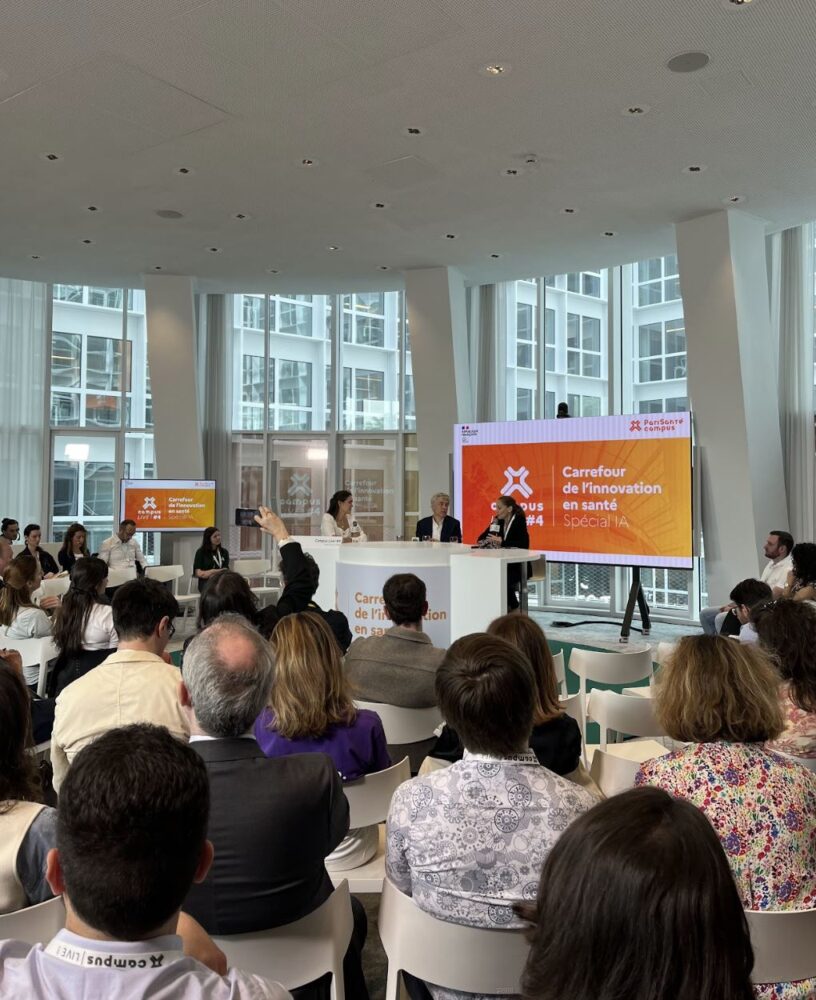
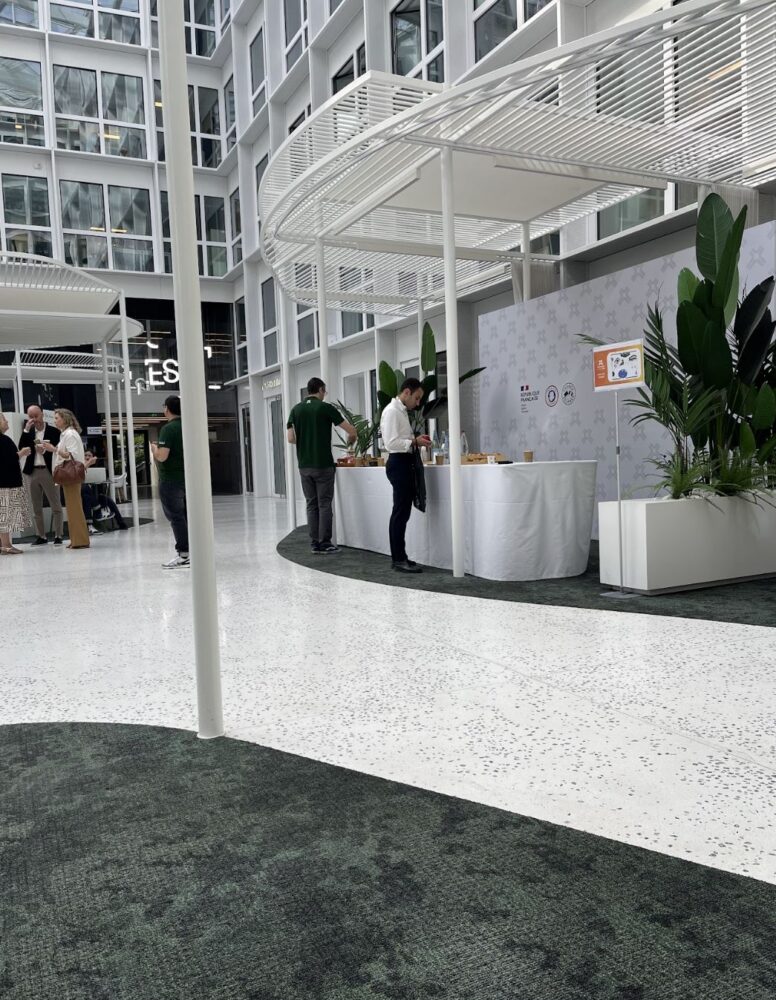
Why Interoperability Is Crucial for AI in Healthcare
Another roundtable discussion centered around one of the industry’s most persistent challenges: interoperability. Speakers discussed whether it can either support or hinder the future of AI in healthcare.
Nicolas Riss, Interoperability and Innovation Expert at the Agence du Numérique en Santé, emphasized that true interoperability is foundational.
“Each software stores data a little differently. Interoperability is very important–rather than everyone doing things in their own corner, the goal is to find common ground and create a shared base so that everyone can exchange data in the same way,” he shared.
He added that transforming data between systems inevitably introduces bias, making native compatibility between platforms essential.
Alexis Hernot, Co-founder and Managing Director at Calmedica, has spent the last five years working on digital health issues, supporting nearly 250 companies with remote patient monitoring, interoperability, and managing health data at scale.
“Large hospitals can run up to 200 or 300 different types of software,” he noted. “This is why we wanted to launch this initiative within France Biotech. AI is coming fast, and medical devices powered by AI will be key to guiding care, improving diagnostics, and recommending treatments,” he shared with the group.
To make that future possible, Hernot stressed the need for robust infrastructure that enables multi-center research projects and supports widespread use of AI tools, all while minimizing bias as much as possible in data and outcomes.
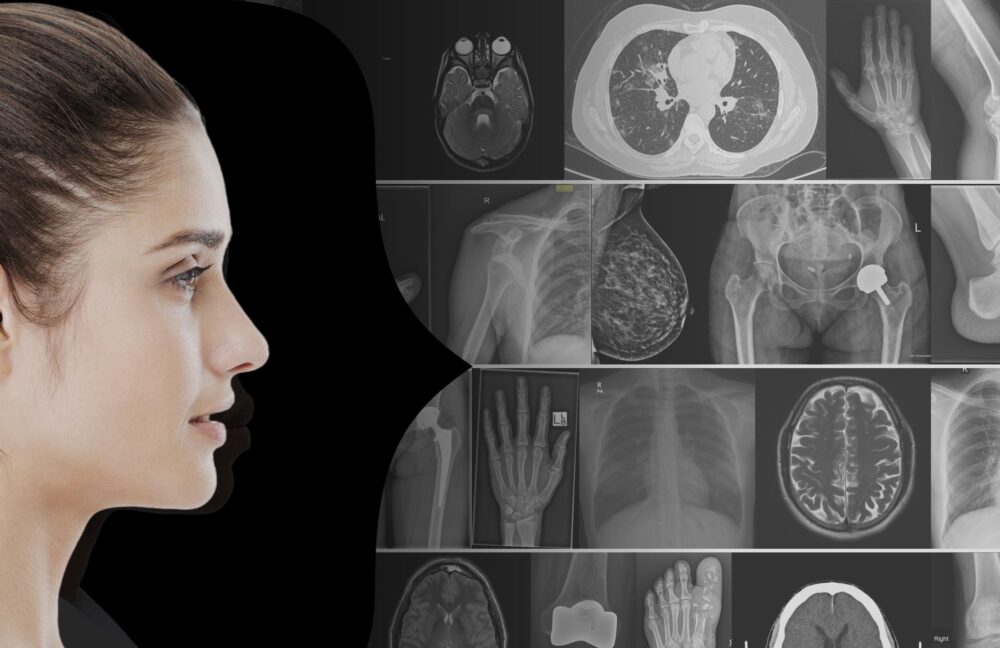
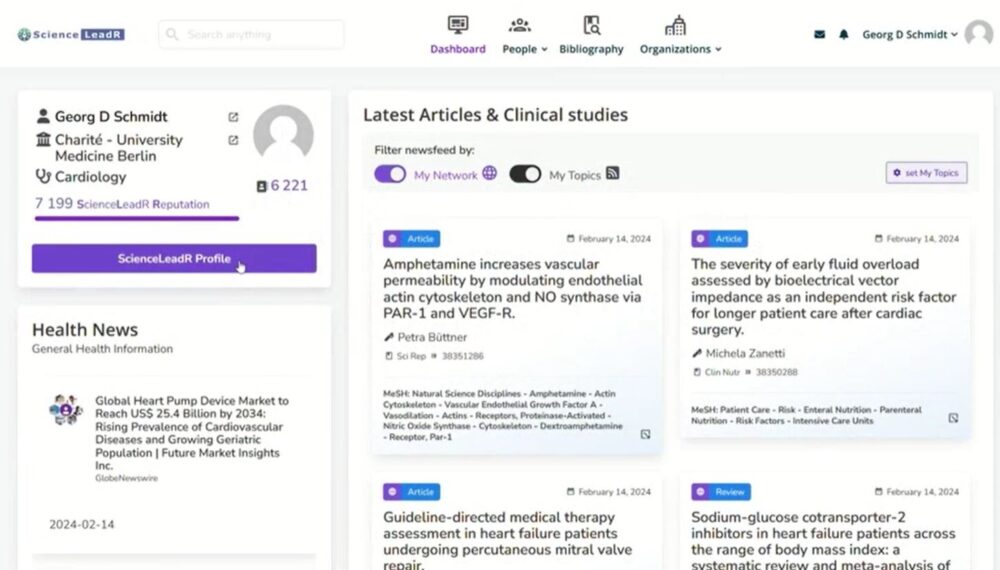

Innovative Startups During Campus Live!
Throughout the day, visitors explored a selection of innovative health-tech startups, each presenting tools and solutions that reflect the fast-evolving landscape of digital healthcare. Here are some highlights:
The goal of Pure Storage is simple: to simplify how healthcare organizations consume and interact with data. It redefines the healthcare experience by featuring pure powers EHRs, enterprise imaging, back-office systems, and more with storage that transforms data into value. This provides quicker insights for better patient care.
Deemea is an AI-powered imaging platform designed to accelerate clinical research by streamlining imaging-based studies. Its modular system supports clinical research teams by optimizing the entire imaging data workflow, enhancing both efficiency and reliability. The platform is already active in leading healthcare centers across France, Belgium, Germany, Italy, and Spain and is expanding globally to build a connected ecosystem of medical innovation.
ScienceLeadR is an AI-enhanced platform that connects life sciences professionals and accelerates global research collaboration. Backed by ScienceOne and now an official ORCID member, the platform enables users to upload and augment their CVs, build rich profiles, and engage with medical peers through natural-language search and community insights.
